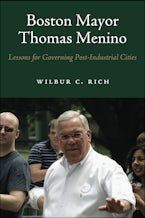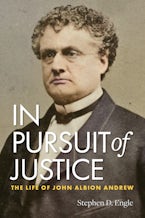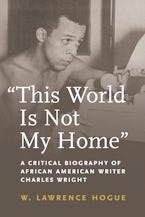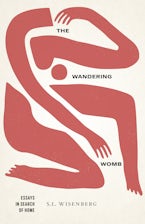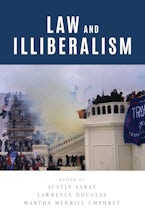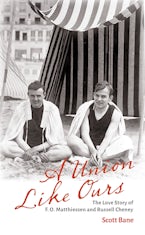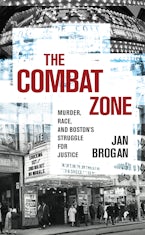- Home
- The Last Great Colonial Lawyer

The Last Great Colonial Lawyer
The Life and Legacy of Jeremiah Gridley
Published by: University of Massachusetts Press
292 Pages, 6.00 x 9.00 x 0.80 in
Other Retailers:
Jeremiah Gridley (1702–1767) is considered "the greatest New England lawyer of his generation," yet we know little about him. Most of his renown is a product of the fame of his students, most notably John Adams. Gridley deserves more. He was an active participant in the Writs of Assistance trial and the Stamp Act controversy, and as a leader of the Boston bar, an editor, speculator, legislator, and politician, his life touched and was touched by much that was integral to eighteenth-century Massachusetts.
The Last Great Colonial Lawyer presents a portrait of Gridley against the background of his times. Religious controversies enter into this narrative, as do colonial wars and the increasing strains with Great Britain, but Charles R. McKirdy also rescues from the footnotes of time subjects such as the smallpox epidemic of 1721 and the currency crisis of the 1740s. Because Gridley was above all a lawyer, the primary focus is on his cases, which illuminate in a unique and very human way attitudes regarding race, status, commerce, property, and power.
The Last Great Colonial Lawyer presents a portrait of Gridley against the background of his times. Religious controversies enter into this narrative, as do colonial wars and the increasing strains with Great Britain, but Charles R. McKirdy also rescues from the footnotes of time subjects such as the smallpox epidemic of 1721 and the currency crisis of the 1740s. Because Gridley was above all a lawyer, the primary focus is on his cases, which illuminate in a unique and very human way attitudes regarding race, status, commerce, property, and power.
Charles R. McKirdy litigated cases for more than twenty-five years and holds a PhD in history and a law degree from Northwestern University. He is author of Lincoln Apostate: The Matson Slave Case, and he has published in the American Journal of Legal History, the Journal of Criminal Law and Criminology, and the Journal of Legal Education.
"This book details an extremely important individual within American legal history, and American history in general, who has not had a major biography written about him. Because he left behind no collection of papers, no journal nor diary, Gridley has been an elusive figure. Charles R. McKirdy has skillfully mined the primary sources that do exist, as well as the wealth of secondary sources, to provide a full accounting of Gridley and his times."—Sally E. Hadden, author of Slave Patrols: Law and Violence in Virginia and the Carolinas
"McKirdy is a talented storyteller who draws on many sources to build a suspenseful narrative . . . . Like any good biographer he knows he cannot explain his subject without explaining the times in which he lived."—Law360
"McKirdy does an excellent job illuminating the contours of Gridley's life as well as the society in which he lived. Furthermore, given his legal and historical training, McKirdy is not only able to successfully analyze a man who left little evidence for biographers, but also has a good understanding of the legal minutiae of Gridley's cases and can guide readers through difficult and obscure legal concepts."—Historical Journal of Massachusetts

